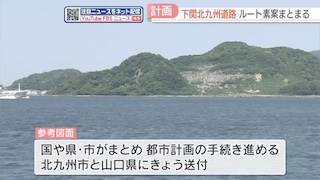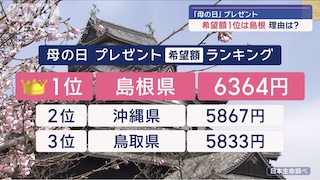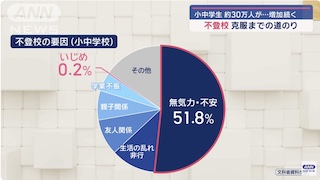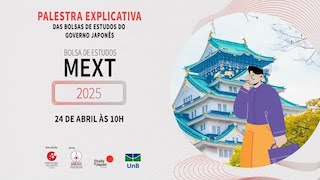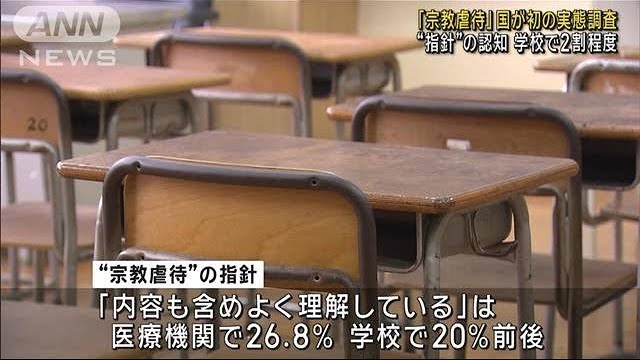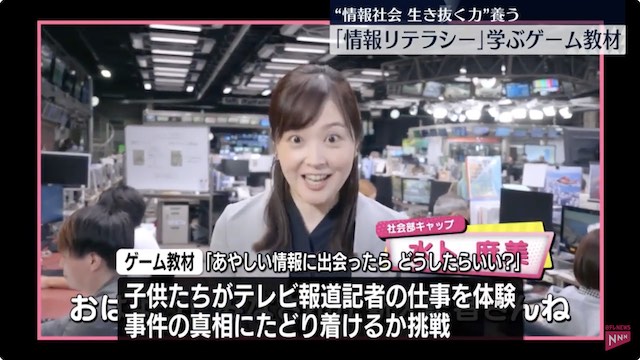TOKYO, Apr 05 (News On Japan) - An educational version of "Momotaro Dentetsu," a popular Japanese board game where players compete as railway company presidents to amass wealth by acquiring properties across Japan, has been rolled out to educational institutions since 2023.
Approximately 7,000 elementary and junior high schools nationwide have adopted it. The game's educational variant omits elements like the "God of Poverty" to focus on learning without the stress of financial ruin in the game.
The game's approach to teaching economics and arithmetic through property investment decisions has been highlighted as particularly effective. Choices in the game, from buying local delicacies to investing in sports teams, mirror real-life economic considerations, offering lessons in profitability and investment strategy.
Source: TBS




